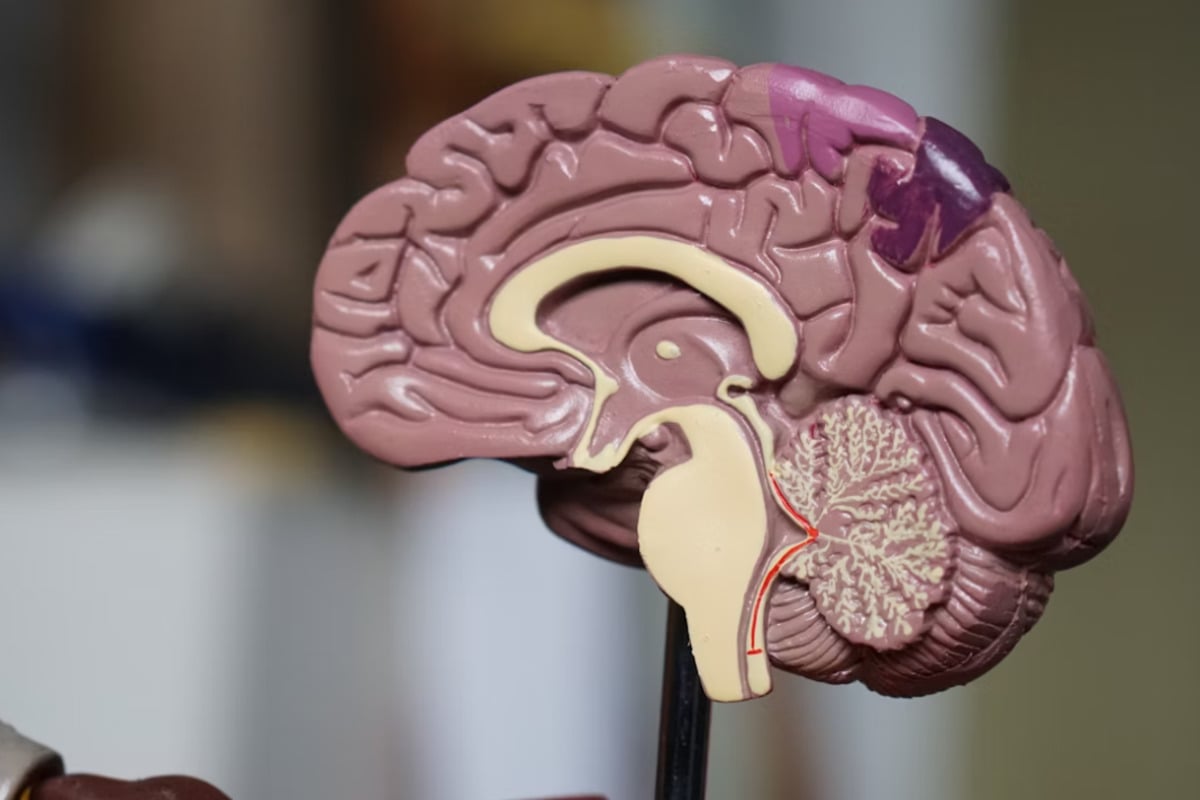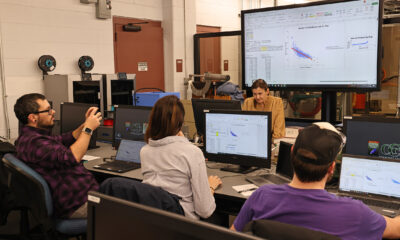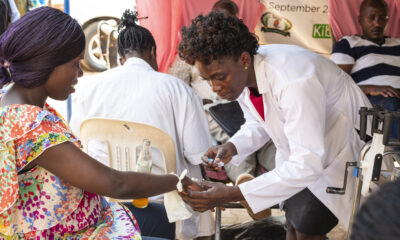Science
MIT Launches RareNet Initiative to Transform Rare Brain Disorder Research

In a groundbreaking move to address the challenges of rare brain disorders, the Massachusetts Institute of Technology (MIT) has launched the Rare Brain Disorders Nexus (RareNet). Funded by a philanthropic donation from alumni Ana Méndez and Rajeev Jayavant, this initiative aims to facilitate research into conditions that affect a small population globally. Currently, more than 300 million people worldwide are living with rare disorders, many of which lack effective therapies.
The inception of RareNet comes in response to the difficulties faced in securing sufficient patient numbers for research studies, as well as the reluctance of pharmaceutical companies to invest in areas with limited market potential. Méndez and Jayavant envision RareNet as a collaborative platform where neuroscience experts can unite to drive scientific discoveries across multiple rare conditions. Jayavant emphasized this vision, stating, “Our hope is that RareNet will allow leaders in the field to come together under a shared framework and ignite scientific breakthroughs across multiple conditions.”
Building Collaborative Networks for Research
RareNet is set to embark on two significant projects: establishing a global consortium and creating a therapeutic pipeline accelerator. The consortium aims to connect isolated research efforts, forming an international network of researchers and advocates from the outset. Meanwhile, the therapeutic pipeline accelerator will focus on reducing risks associated with early laboratory discoveries, facilitating their transition to clinical applications.
Under the guidance of Guoping Feng, a prominent researcher in neurodevelopmental disorders, RareNet will prioritize investment in innovative therapies for conditions such as Rett syndrome and Sturge-Weber syndrome. Feng remarked, “RareNet pioneers a unique model for biomedical research — one that is reimagining the role academia can play in developing therapeutics.” He acknowledged the collaborative groundwork laid by the MIT team, which is vital for foundational studies aimed at making a clinical impact.
Patient-Centric Focus in Research
As RareNet progresses, the initiative remains committed to making a tangible difference in the lives of patients. Feng highlighted the importance of patient and caregiver experiences, stating, “Patient and caregiver experiences, and our foreseeable impact on their lives, will guide us and remain at the forefront of our work.” This focus underscores the transformative potential of RareNet for both the study and treatment of rare brain disorders.
Méndez echoed this sentiment, emphasizing the necessity of uniting a diverse community in pursuit of a common goal. The establishment of RareNet signifies a promising chapter in addressing long-neglected conditions that have been in desperate need of scientific advancement and hope for those affected.
The launch of the Rare Brain Disorders Nexus marks a pivotal moment in rare disease research, aiming to foster collaboration and innovation in a field that has often been overlooked. As the initiative unfolds, its impact on the future of treatment and understanding of rare brain disorders will be closely monitored by the global medical community.
-

 Technology5 months ago
Technology5 months agoDiscover the Top 10 Calorie Counting Apps of 2025
-

 Technology2 weeks ago
Technology2 weeks agoOpenAI to Implement Age Verification for ChatGPT by December 2025
-

 Health3 months ago
Health3 months agoBella Hadid Shares Health Update After Treatment for Lyme Disease
-

 Health3 months ago
Health3 months agoAnalysts Project Stronger Growth for Apple’s iPhone 17 Lineup
-

 Health3 months ago
Health3 months agoErin Bates Shares Recovery Update Following Sepsis Complications
-

 Technology5 months ago
Technology5 months agoDiscover How to Reverse Image Search Using ChatGPT Effortlessly
-

 Technology3 months ago
Technology3 months agoElectric Moto Influencer Surronster Arrested in Tijuana
-

 Technology2 months ago
Technology2 months agoDiscover 2025’s Top GPUs for Exceptional 4K Gaming Performance
-

 Technology5 months ago
Technology5 months agoMeta Initiates $60B AI Data Center Expansion, Starting in Ohio
-

 Technology5 months ago
Technology5 months agoRecovering a Suspended TikTok Account: A Step-by-Step Guide
-

 Health5 months ago
Health5 months agoTested: Rab Firewall Mountain Jacket Survives Harsh Conditions
-

 Lifestyle5 months ago
Lifestyle5 months agoBelton Family Reunites After Daughter Survives Hill Country Floods





















